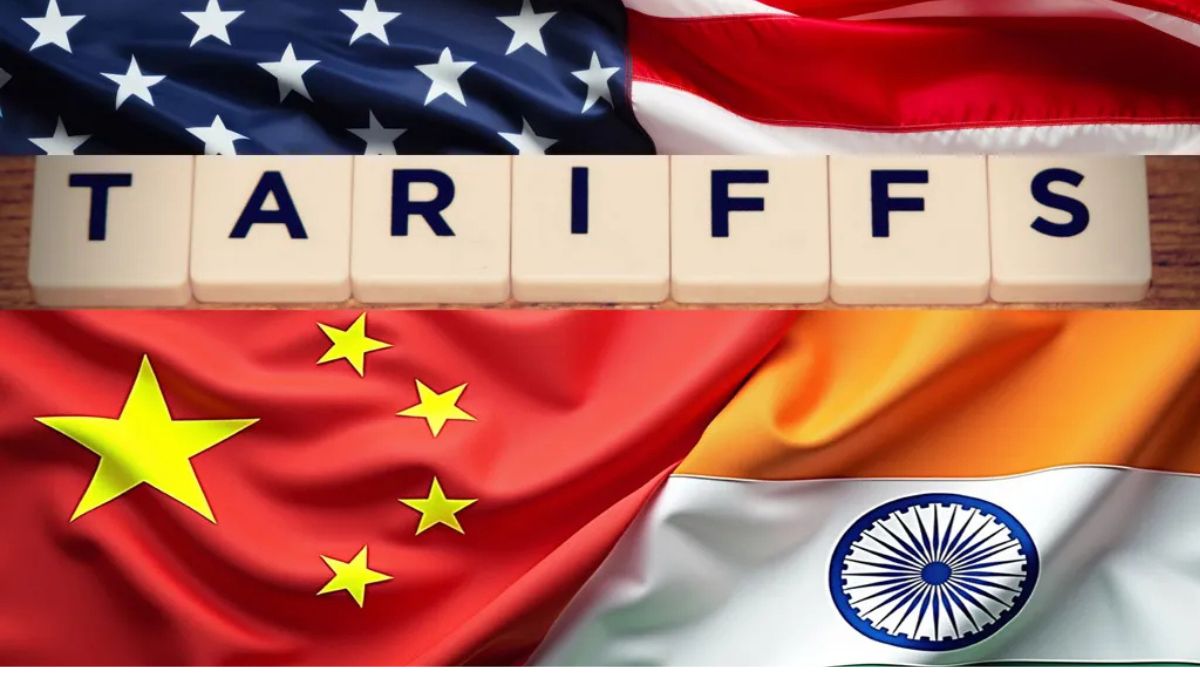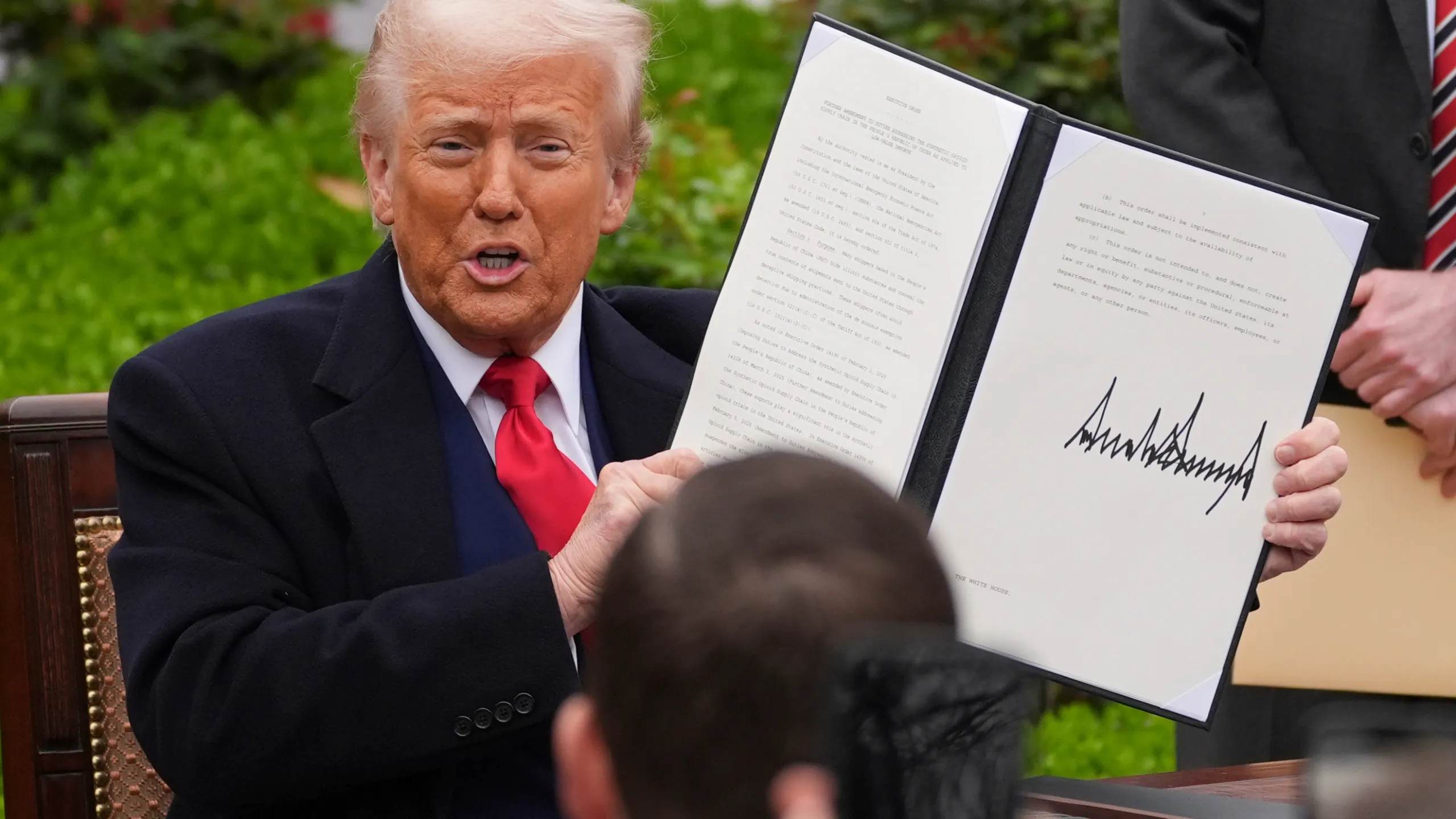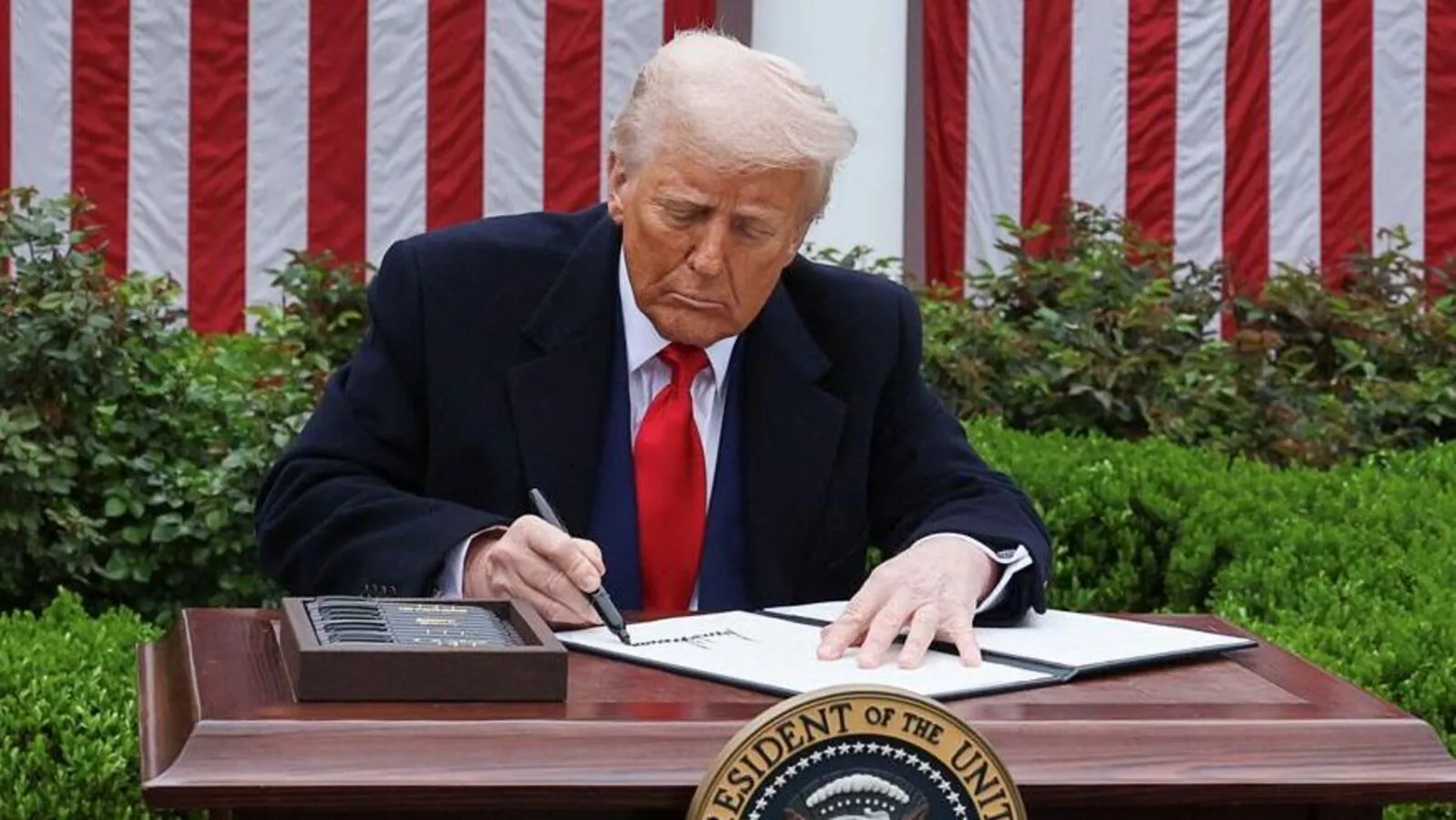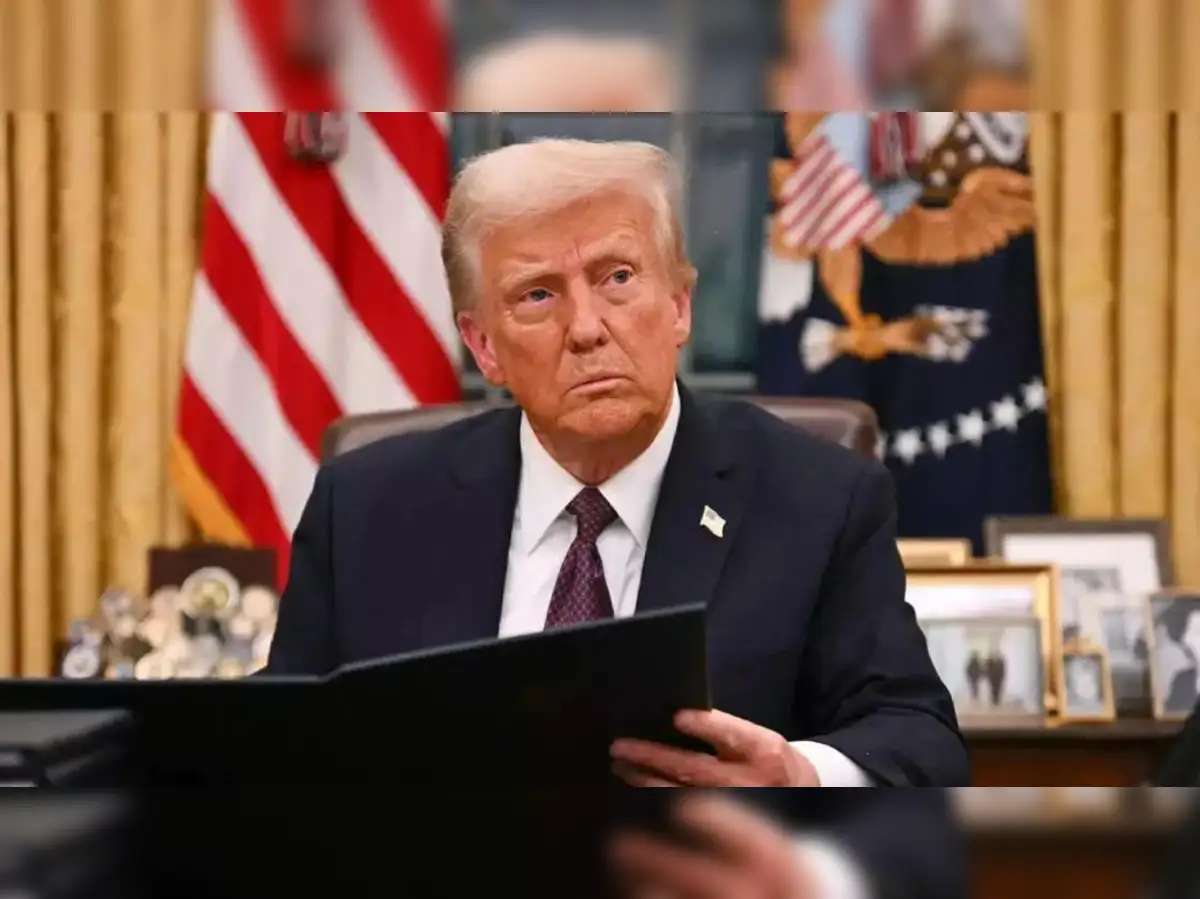
The United States has recently intensified its efforts to crack down on transshipment activities, aiming to curb illegal trade, enhance national security, and enforce compliance with international sanctions. Transshipment, in the context of maritime trade, involves the transfer of goods from one vessel to another before reaching their final destination. While this process is legal and commonly used for efficiency, it has also been exploited for nefarious activities such as smuggling, sanction evasion, and financing illicit operations.
The US government’s initiative to tighten oversight on transshipment hubs and ports mainly targets regions and facilities suspected of being used for such illicit activities. The move has implications for global supply chains, especially for countries heavily involved in maritime trade with the US, including India.
Why the US Crackdown Could Have Global Consequences
This intensified scrutiny creates ripples across the international trading landscape, influencing diplomatic relations and economic interests. According to analyses, the crackdown may lead to disruptions in certain trade routes, increased costs for shipping companies, and reevaluation of port logistics and compliance protocols worldwide.
Particularly for nations like India, which is a significant player in global trade routes, the US measures could impose new compliance standards and logistical hurdles. The consequences extend beyond mere economic factors—they could also affect diplomatic relations, especially with countries that serve as transshipment hubs or are associated with regions targeted by US sanctions.
It is crucial to understand the underlying motivations behind this crackdown:
- Enhancement of national security by preventing illicit trade and terrorism financing.
- Strict enforcement of sanctions against countries like North Korea, Iran, and others.
- Promotion of transparency and compliance within global supply chains.
Implications for India’s Trade Sector
India’s trade ecosystem is intricately linked with global maritime routes, making it vulnerable to shifts prompted by US policies. The country relies on transshipment hubs in neighboring regions, such as Sri Lanka and the UAE, to facilitate efficient logistics and reduce costs. However, with increased US vigilance:
- Increased Costs and Delays: Shipping companies may face higher compliance costs, potentially leading to delays and increased freight charges. This could have a knock-on effect on Indian exporters and importers who depend on timely deliveries.
- Trade Diversion: As US authorities scrutinize certain ports more stringently, carriers might seek alternative routes or transshipment points, which could marginalize Indian ports or force them to upgrade their infrastructure and compliance standards.
- Compliance Burden: Indian shipping companies and port authorities may need to invest more in compliance mechanisms, including advanced tracking, verification systems, and staff training, to meet US and international standards.
These changes could also influence India’s broader diplomatic relationships with regional transshipment hubs, especially as the US’s enforcement focus may pressure ports and jurisdictions to tighten their own security and compliance protocols.
Diplomatic Dynamics and Strategic Repercussions
The US crackdown affects not only trade but also diplomatic ties that underpin regional stability. India maintains strategic partnerships with Gulf countries, Southeast Asian nations, and other maritime nations that serve as conduits for goods entering and leaving the Indian subcontinent.
Strategic Challenges Include:
- Balancing compliance with US sanctions while maintaining regional diplomatic ties.
- Addressing concerns from regional partners about potential disruptions or economic impacts.
- Ensuring India’s ports and logistics infrastructure meet evolving international standards without compromising on ease of trade.
India must navigate these complex diplomatic waters carefully to avoid alienating key partners while complying with US policies. Diplomatic engagement, multilateral dialogues, and strengthening regional security frameworks are essential strategies to mitigate any adverse impacts.
Opportunities for India Amidst Challenges
While the US crackdown presents significant hurdles, it also opens avenues for India to bolster its global trade positioning:
- Infrastructure Development: Investing in port upgrades, logistics automation, and compliance systems to meet international standards.
- Regional Collaboration: Strengthening regional partnerships with ports and shipping hubs to improve transparency and security measures.
- Diversification of Transit Routes: Developing alternative pathways to reduce dependence on certain high-risk transshipment points.
- Policy Reforms: Implementing robust compliance frameworks within India’s maritime sector to ensure seamless integration into global value chains.
Such initiatives can make India a preferred transshipment and logistics hub, capable of attracting international shipping businesses seeking secure and compliant routes.
Long-term Strategic Outlook
The crackdown by the US reflects a broader shift towards increased regulation and security consciousness in global trade. For India, adapting to this environment means not only enhancing infrastructure but also fostering international cooperation and complying proactively with evolving standards.
Collaborating with US agencies, adopting emerging technologies like blockchain for traceability, and training workforce talent in compliance are all part of future-proofing India’s trade infrastructure.
Furthermore, actively participating in global discussions on maritime security and trade compliance will help India shape norms that support its national interests and economic growth.
Conclusion
The US crackdown on transshipment activities, while aimed at strengthening global security and compliance, poses substantial challenges and opportunities for India. Navigating these changes requires strategic foresight, investment, and diplomatic agility. India’s response will determine whether it can capitalize on emerging opportunities and reinforce its position as a robust regional trade hub amidst shifting international trade policies.
In essence, India’s trade and diplomatic strategies must evolve in tandem with global regulatory trends. Embracing innovation, fostering regional alliances, and ensuring compliance will be key to transforming these challenges into long-term gains.
For more updated news please keep visiting Prime News World.









